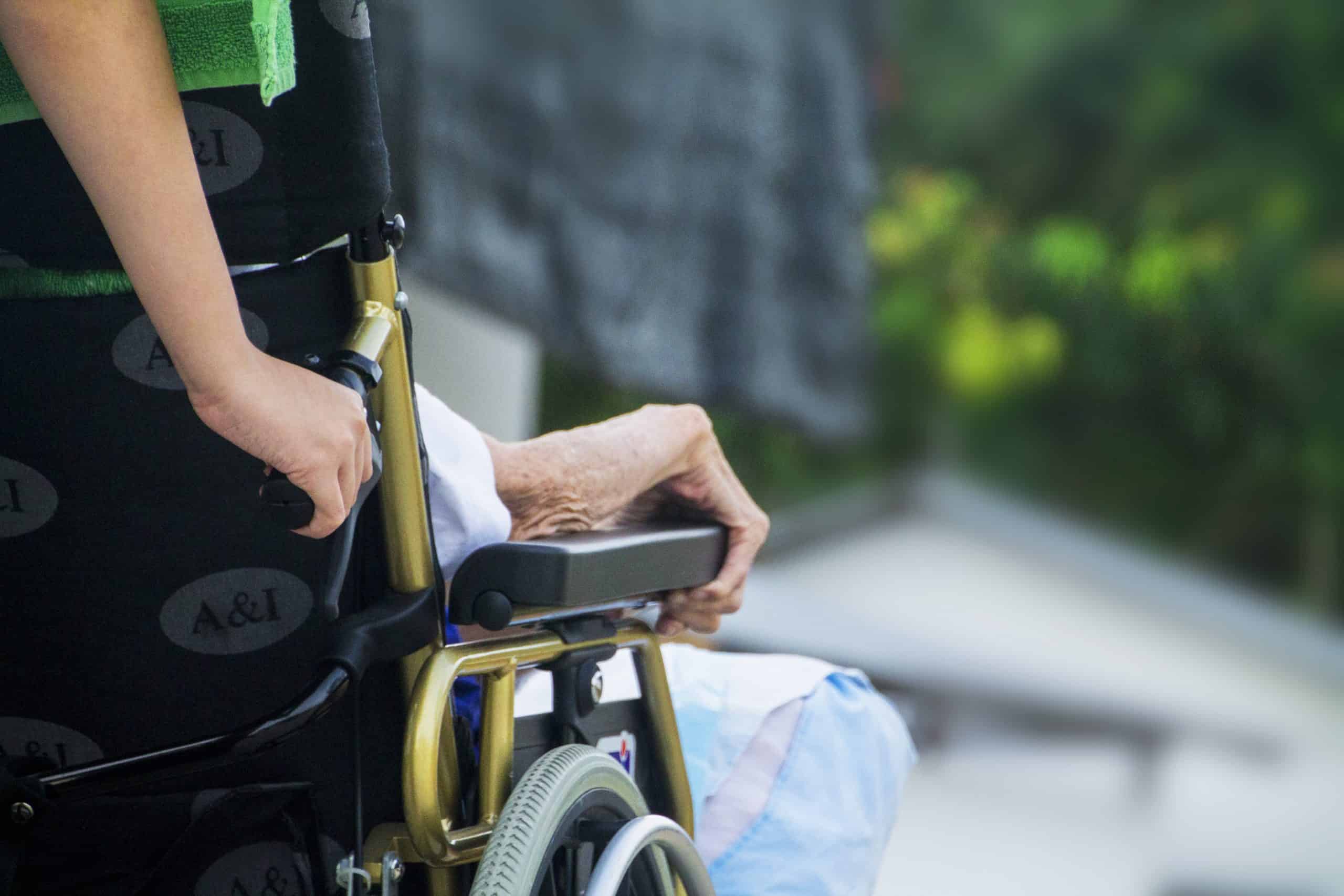More Than Essential Workers: A Typical Day Of Caregiving
The assistance provided by Pegasus skilled-in-home caregivers in Palmdale and elsewhere make them more than essential workers. They daily help our clientele meet their needs. Although every patient is different, our career home health care nurses offer this description of a typical day of caregiving.
The primary differences between in-home care and clinical care are location and caseload. Nurses in both careers pursue education, licensing, and certifications to offer medical care.
Nurses Provide A Wide Range Of Services
All nurses strive to provide every patient with the best possible care. That’s true, regardless of where they work or their professional status. Typical nursing duties include:
- Administering medications and intravenous injections
- Assessing and monitoring the patient’s condition
- Conducting physical exams
- Coordinating patient care with other professionals
- Drawing blood
- Providing education and counseling
- Recording health history and vital signs
- Wound care
Every patient is different. Even the needs of the same patient can vary day by day, if not hour by hour.
Home health care nurses may be responsible for the above services and:
- Assisting with mobility
- Ensuring safety in the home
- Establishing and implementing treatment plans
- Managing chronic illness
- Providing hospice or palliative care
Their clientele isn’t limited to seniors. They provide care to post-surgical individuals, disabled individuals, and new parents, among others. In-home healthcare nurses must also evaluate the needs and abilities of family caregivers.
Non-Medical Caregivers Also Perform Essential Services
Caregivers have varying levels of education and skills. Not all are nurses. Pegasus services include caregivers who may:
- Assist with personal hygiene
- Assist with toileting and other ADLs
- Perform light housekeeping duties
- Prepare meals
- Provide companionship
- Provide transportation
- Shop for food, pick up medications, or run errands
All in-home caregivers help their clientele live safely and independently at home.
Typical Days Are A Rarity
The variety of patients and the range of duties means that few caregivers experience typical days. Home healthcare professionals determine their own caseload, so they know which patients they’ll be seeing and when. Unless they’re seeing a new patient that day, a nurse might typically:
- Greet the patient and inquire how they’re feeling
- Ask if there have been changes since the last visit
- Take their vitals
- Administer their medications and call in refills to pharmacy if needed
- Ask about what they’re eating, if they’re getting enough sleep, and if they’re exercising adequately
- Ask the individual if they have questions or if there’s anything else they want to talk about
- Consult with the family caregiver as to their observations, concerns, or questions
- Consult with physician or other specialists if required
They follow up appropriately as needed on any of the above items.
A home healthcare professional might also evaluate the safety of the home environment. Typical instructions would include removing or eliminating obstacles that could cause a fall or other injury. If the patient is responsible for their own cooking, the professional evaluates kitchen safety periodically.
The caregiver routinely assesses the patient’s competence with the ADLs. Based on their evaluations and knowledge from previous visits, the in-home nurse might recommend other services. That could include members of their Pegasus teams such as dietitians, aides, or housekeepers.
When all is said and done, the caregiver prepares their report. They may write it immediately after the visit, perhaps in their car or coffee shop. Or they may compile all their reports at home after they’ve completed that day’s visits.
Home Healthcare Requires A Variety Of Skills
Their flexibility means that in-home nurses must practice good time management in addition to their medical skills. Unless they choose to do so, they typically don’t work nine to five. They may alternate days of heavy caseload with days of minimal hours.
They also need good communication skills. They must communicate effectively with patients who may have impaired speech or cognition. Patients and families may have cultural or lifestyle differences that challenge the caregiver’s ability to convey instructions.
In-home caregivers typically form a personal relationship with their patients. On any particular visit, patients may share their life stories. As trust grows with the caregiver, patients may discuss concerns they might otherwise conceal.
Although not always part of a typical day, home healthcare nurses often use their networking skills to help patients. Some individuals may not take medications as prescribed because they can’t afford them. Their caregiver can help them find discounts or other resources.
Some patients may need medical equipment or supplies beyond their financial reach. Caregivers can typically connect them with social services agencies or resources. Sometimes a home visit might consist of educating or reassuring a family caregiver.
The most typical aspect of a caregiver’s day is that it isn’t the same as the previous days. It’s the dedication of the caregivers that is typical. Each visit, they work to improve the quality of life of patients and family members.
Pegasus is a licensed Home Care Organization and a Joint Commission Accredited Home Health Care organization. Our in-home caregivers in Palmdale and our other locations provide essential services to our clientele daily. Quality care is a typical part of each day for our career home health care nurses.

